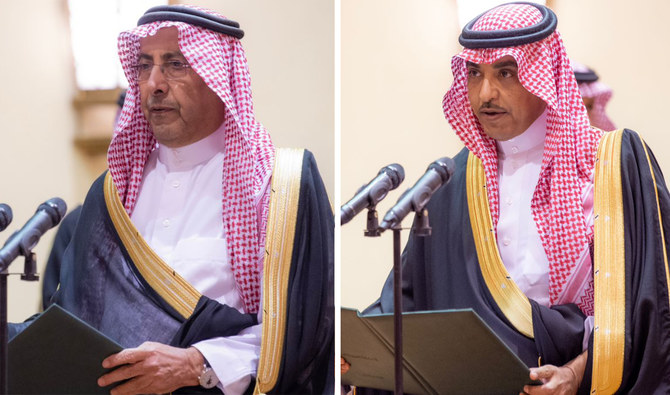
Three ministers were sworn in before Sudanese President Omar al-Bashir on Thursday, following the resignation of two ministers.
Taking the nation by surprise, Bashir dissolved the government on September 9, replacing it with a new reconciliation government slashed into a 21-portfolio cabinet from a former 31 ministers.
However, the newly formed government had many ministerial candidates reject assuming their post in a historic first. International expert Abdulla Hamduk and former Minister of Higher Education Soumiya Abu Kashwa were the two most prominent candidates to turned down the offer of becoming a minister.
Hamduk was also the former executive secretary of the United Nations Economic Commission for Africa.
Sudan’s Popular Congress Party said its participation in the new National Reconciliation Government is expected to include two ministers, a state minister, five seats in the Parliament and two seats in the States Council.
On the other hand, the country’s official news agency, SUNA, quoted the newly appointed Minister of Animal Resources and Fisheries Mustafa Abdulkarim Dakas expressing his preparedness to implement the new governments programs, develop the livestock sector, increase livestock production and exports, and improving slaughterhouses and veterinary quarries.
For his part, Bashir said the formation of a national reconciliation government with the participation of more than 100 political parties in the legislative and executive branches will result in the formation of the largest parliament to represent the political forces in the history of the country, making it ready to submit the Permanent Constitution draft of the country
He also announced that a prime reason behind dissolving the previous government, and the appointment of a new government, is to reduce and control public spending.
Sudan’s cabinet is core to implementing the national program for economic balance and prioritizing the population’s earnings, he added.









